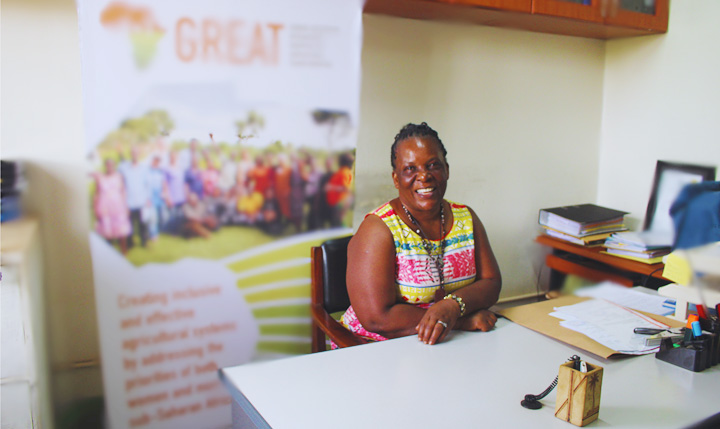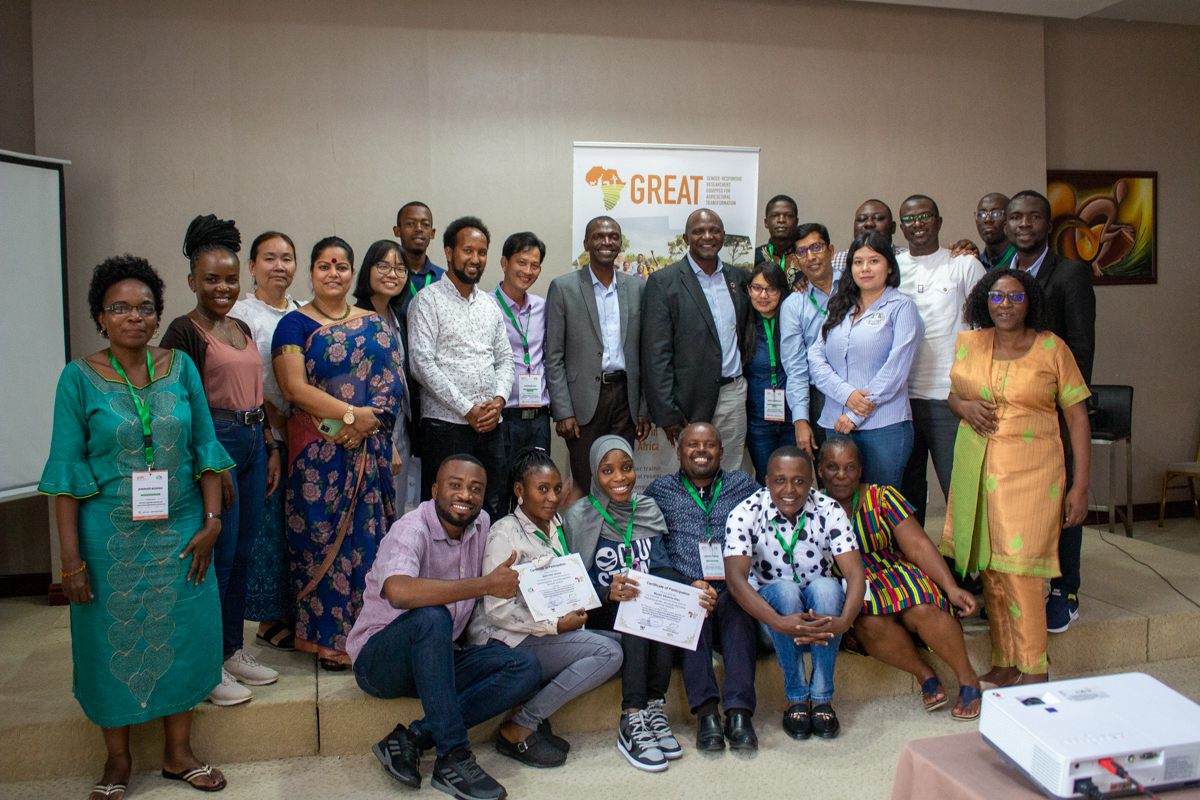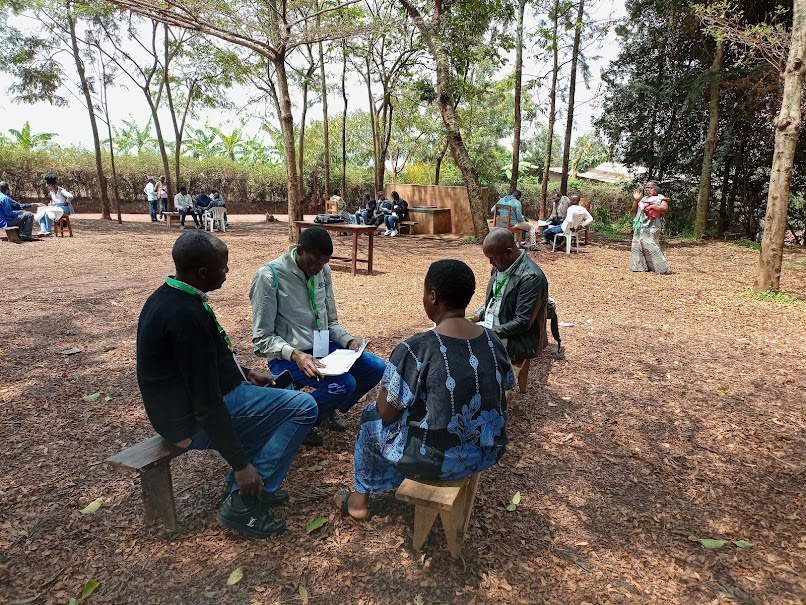Considering gender in agricultural research requires not just applying the right tools, but thinking differently. GREAT guides scientists to take new approaches to their research and to deliver equitable outcomes for all genders. We combine theory and practice into a dynamic package, ensuring that learning is practical, grounded and applied. We support efforts to intelligently design research projects that maximize impact for all.
Equipping researchers to create more inclusive and effective agricultural systems.
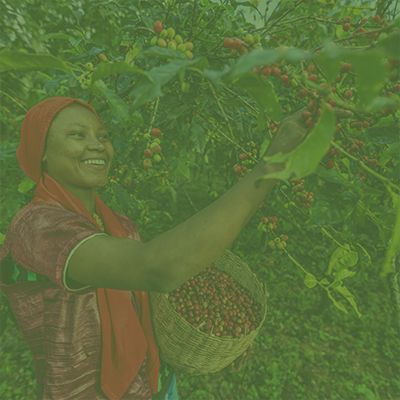
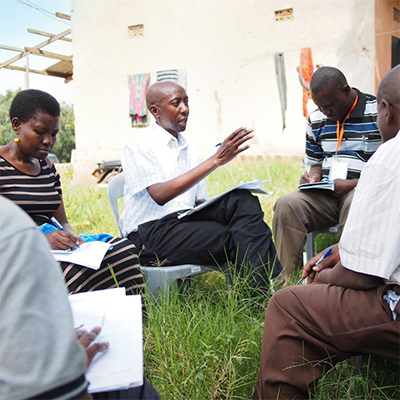
CREATING MORE INCLUSIVE AGRICULTURAL SYSTEMS
INTENSIVE, INTERDISCIPLINARY TRAINING COURSES
GREAT delivers courses to agricultural researchers in the theory and practice of gender-responsive research, seeking to increase opportunities for equitable participation and the sharing of benefits from agricultural research and improve the outcomes for smallholder women farmers, entrepreneurs, and farmer organizations across sub-Saharan Africa.
Our rigorous courses equip participants with applied theory and hands-on skills. We teach ways to incorporate gender-responsive research into existing projects and backstop the lessons with dedicated field trainer support.
RESEARCH
Research from our Community of Practice is aimed at deepening gender responsive and transformative research across Africa and beyond.
THE GREAT EXPERIENCE
LATEST NEWS
The renewed partnership focuses on developing and enhancing postgraduate training and research in gender and agrifood systems. Makerere will initiate the development of a Masters program with an intermediary postgraduate diploma in gender and agricultural development. The program will embrace a blended and more flexible learning environment to enable learners to maneuver the multiple roles that balance school, work in gender and agrifood systems, and other spheres of life.
A special issue of the journal Sustainability presents results-oriented publications of gender-responsive agricultural approaches towards critical food crops in sub-Saharan Africa.
This year, the CGIAR’s Excellence in Agronomy partnered with GREAT to deliver gender- and youth-responsive training and integrate gender and youth considerations for more equitable and sustainable agronomic outcomes.

